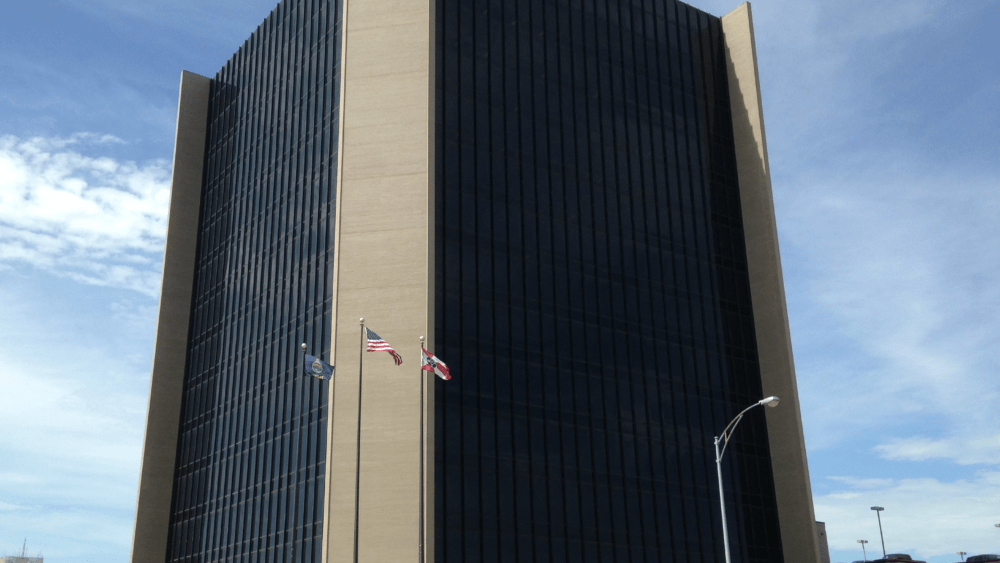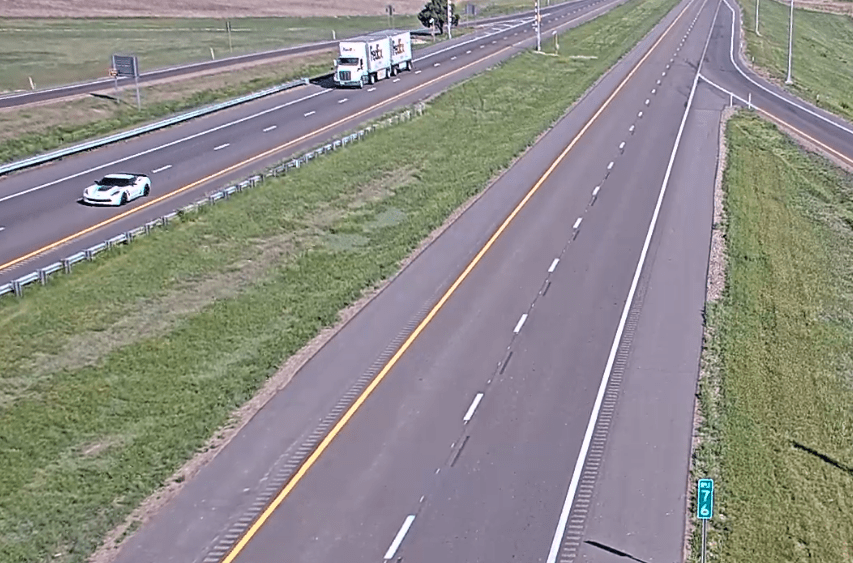The City of Wichita will be asking residents to do more to reduce water use in order to hold off mandatory water restrictions.
Public Works Director Gary Janzen talked about a “call to action” during a workshop meeting Tuesday with the Wichita City Council. He said the plan is for the city to restrict its own water use, while calling on residents to take voluntary steps, and there will be a proposal to raise water rates for higher volume users.
Janzen said the goal is to reduce water consumption by ten percent. He said the city historically sees an increase in water use during the months of July, August and September, and now is the time to change course and change habits.
The plan will have the city stepping up restrictions on water use at its public facilities and parks, to follow stage two of the city’s drought response plan. The city is not officially going to stage two, which would have mandatory restrictions, but residents will be urged to take voluntary steps to reduce their water use. Residents will be asked to reduce outdoor watering and limit watering to one or two times per week. They should water just enough to keep root systems alive, and allow lawns to go dormant. Watering should be done between 10 p.m. and 8 a.m. People are urged to avoid overseeding lawns and they should not plant new trees or shrubs this fall.
Janzen said rate increases will be proposed for the Tier 2 and Tier 3 water users, which are generally residents who use water outdoors during the summer. He said only 18 percent of water customers reach Tier 2 and only 2 percent reach Tier 3. The proposed rates would reduce Tier 2 and 3 volumes by 50 percent, and it would reduce the city’s overall water use by 9 percent. The new rates will go to the City Council for consideration at their August 8th meeting, and if they are approved, they would go into effect on September 1st. The rates would increase the monthly bill for Tier 2 users by an average of $10.61, and Tier 3 users would see an average increase of $99.03.
Janzen said the current water level at Cheney Reservoir is 63.9 percent, with a 12-month moving average at 69.6 percent as of July 1st. The trigger to move to stage two of the city’s drought response plan is 69 percent, and the average is projected to reach that on August 1st. He said the 50 percent average to trigger stage three is projected in the next 12 to 18 months if the drought persists. The Equus Beds aquifer is in much better shape, and it is 94 percent full. Janzen said the city is looking to bring in more water from the Equus Beds to reduce the effect on Cheney Reservoir. He said the city’s new water treatment plant that goes online next year will be able to go to 100 percent groundwater use if necessary.







